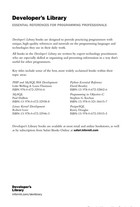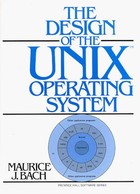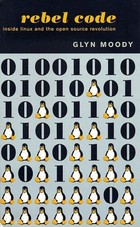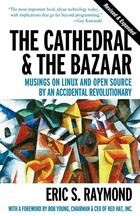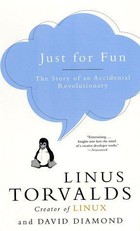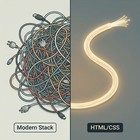Thirty-four years ago today, a 21-year-old Finnish computer science student named Linus Torvalds made a modest announcement on a Usenet newsgroup that would forever change the technology landscape. His message, posted to comp.os.minix on August 25, 1991, began with perhaps the most famously understated prediction in computing history: "I'm doing a (free) operating system (just a hobby, won't be big and professional like gnu)."
The Humble Beginning
Torvalds' original announcement was refreshingly honest about the project's limitations. He mentioned it would "probably never support anything other than AT-harddisks" and emphasized it was merely a personal project born out of curiosity and necessity. The irony is delicious—this "hobby" project now powers everything from smartphones to supercomputers, and those AT-harddisk limitations evolved into support for virtually every storage technology imaginable.
What's remarkable is the timeline: Torvalds had been working on this operating system for just five months, from April to August 1991. In that brief period, he laid the foundation for what would become the most widely deployed operating system kernel in history.
The Evolution Timeline
From Hobby to Global Infrastructure
The transformation from Torvalds' humble hobby to today's technological backbone is nothing short of extraordinary. Linux now powers:
- Cloud Infrastructure: The vast majority of cloud servers run Linux
- Mobile Devices: Android, built on Linux, dominates the smartphone market
- Supercomputers: 100% of the world's top 500 supercomputers run Linux
- Embedded Systems: From IoT devices to automotive systems
- Enterprise Servers: Mission-critical applications across industries
The original prediction that it "won't be big and professional" couldn't have been more wrong—or perhaps more perfectly right in its wrongness.
The Philosophy That Changed Everything
What made Linux different wasn't just its technical merit, but its open-source philosophy. Torvalds' decision to make the source code freely available created a collaborative development model that was revolutionary for its time. This approach enabled thousands of developers worldwide to contribute, debug, and improve the system—a model that has since become the gold standard for modern software development.
The impact extends far beyond the kernel itself. Linux demonstrated that distributed, volunteer-driven development could produce software that not only competed with but often surpassed commercial alternatives. This philosophy influenced everything from web browsers to artificial intelligence frameworks.
Lessons for Today's Innovators
Linux's journey offers profound lessons for modern technologists and entrepreneurs:
- Start Small, Think Big: Torvalds didn't set out to revolutionize computing—he just wanted to solve a personal problem
- Embrace Collaboration: Opening the source code multiplied the project's potential exponentially
- Persistence Over Perfection: Version 0.01 was far from perfect, but it was a start
- Underestimate at Your Own Peril: Sometimes the most transformative innovations come from the most unexpected places
The Continuing Legacy
As we celebrate Linux's 34th birthday, it's worth noting that its influence continues to grow. The rise of containerization, cloud-native computing, and edge computing all build upon Linux foundations. The current AI revolution largely runs on Linux infrastructure, from training massive language models to deploying machine learning applications at scale.
The kernel that Torvalds thought might "never support anything other than AT-harddisks" now manages the storage systems of global cloud providers, processes data from Mars rovers, and powers the smartphones in billions of pockets worldwide.
Conclusion
Perhaps the most remarkable aspect of Linux's story isn't its technical achievements, but what it represents about human potential and collaboration. A young student's weekend hobby became the foundation of the modern digital world—not through corporate mandate or massive investment, but through curiosity, openness, and the collective effort of a global community.
As we look toward the future of computing—quantum systems, advanced AI, space exploration—it's humbling to remember that many of tomorrow's breakthroughs may start as someone's simple hobby project today. The lesson of Linux is clear: never underestimate the power of passionate individuals working together toward a common goal. Sometimes the most transformative technologies begin with the most modest ambitions.
